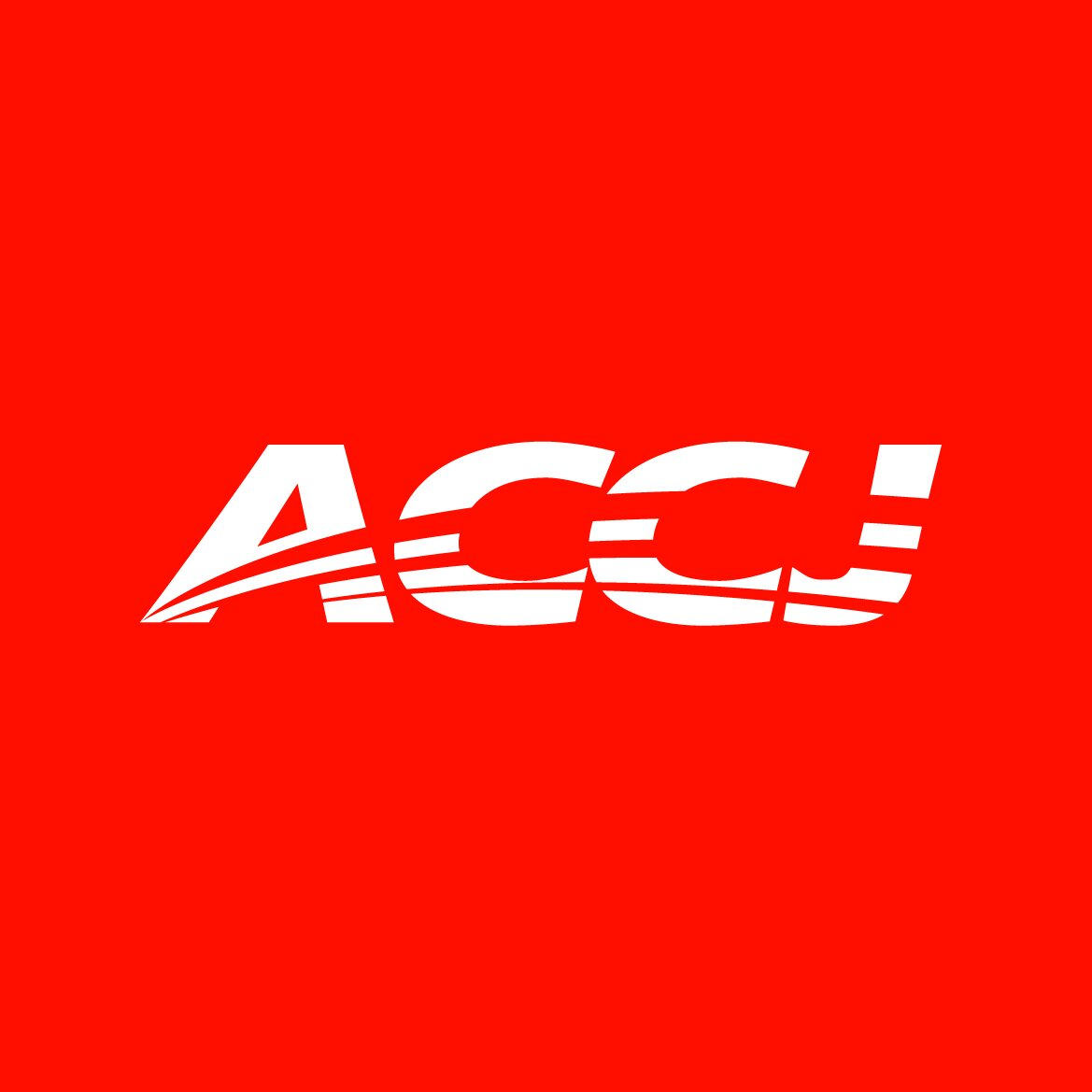Study Groups
Advocating for transparency in Japanese government decision-making
By Eric Sedlak
One element of the decision-making process in Japan is the formation, by ministries and other bodies, of study groups (many called shingikai or kentokai) to address policy issues. Unfortunately, for many years, non-Japanese stakeholders, and even major industry participants, were not invited to join these groups, and policy was made behind closed doors—at least perceived to be closed to non-Japanese interests.
About 10 years ago, the American Chamber of Commerce in Japan (ACCJ) began to advocate for more openness in the operation of study groups and for more non-Japanese participation. By that time, some ministries, to their credit, had become more open to non-Japanese participation. Others lagged, but we persisted.
While not all of those forming study groups have accepted our members, over the past decade many more have and I would like to relate my experience.
Advocate for Change
Through more than a decade of Legal Services Committee work on reforming the process for registering foreign lawyers in Japan, the Ministry of Justice (MOJ) has come to know me as an untiring advocate for eliminating unnecessary requirements for registration and reducing the administrative burden.
In 2019, the MOJ asked me to participate, as a representative of the ACCJ, in a _kaigi_ (council) on its ongoing project to translate Japanese laws and regulations. The first session took place in person in late 2019, and a second was held online early this year.
The group included representatives of the Government of Japan, academics, _bengoshi_ (Japanese-admitted lawyers), and company representatives, and was about one-quarter non-Japanese. The then-minister of justice Masako Mori, a fellow NYU law alum, opened the first session.
The proceedings were conducted in Japanese, with interpretation provided on request. As my spoken Japanese belies my ability to employ the more complex structures and vocabulary required to understand such proceedings, I took up the interpretation offer—aside from my self-introduction.
A digression here: interpretation and translation are distinct and require overlapping but specific skills. Interpretation is, for example, converting Japanese speech to English speech. Translation is converting Japanese writing to English writing.
The ACCJ members and committee leaders who responded in 2020 expressed interest in laws relating to healthcare and digital. Before the 2019 session, requested areas of focus had included healthcare, pensions, and tax.
Returning to the council session, the proceedings were, to my surprise, somewhat brief—about two-and-a-half hours for each session—and fairly formal.
While in some cases there is concern that the minds of the decision-makers have been made up by the time a shingikai is convened, in this case, I felt that the MOJ was soliciting views with genuine interest in hearing a diverse set of opinions.
Chamber View
The ACCJ has not adopted a formal policy position on legal translations. So, as then-chair (and now vice-chair) of the External Affairs Advisory Council (EAAC), I had to be sure that I was playing by the same rules as I myself enforce. The EAAC must ensure that every policy position adopted—and certainly every position that we present—is consistent with the ACCJ’s Core Advocacy Principles and approved by the council and the Board of Governors.
At my request, the chamber polled the most likely ACCJ stakeholders (I often refer to them as “advocacy-active committees”) to identify laws and substantive areas that are of sufficient interest to merit translation into English, as well as the stakeholders’ thoughts on whether we should make specific recommendations about the translation process. Because discussions were underway about approaches to translation and the listing of substantive areas where our members wanted the translations to focus, the ACCJ external affairs staff confirmed that my presentation would not represent policy positions.
The ACCJ members and committee leaders who responded in 2020 expressed interest in laws relating to healthcare and digital. Before the 2019 session, requested areas of focus had included healthcare, pensions, and tax.
A key consideration in relation to the English legal translation program is who will use the translations of the laws and regulations.
In some cases, the companies that are most affected have substantial staffs of Japanese regulatory specialists, who can work entirely in Japanese and have little need to report specifics to their overseas regulatory affairs or legal departments.
Other laws are of greater interest to Japanese and non-Japanese law firms, as well as legal departments, non-Japanese academics, Japanese academics writing for foreign audiences, international organizations, and foreign governments.
Government Resources
The MOJ has a reasonable, but not unlimited, budget for this work. To translate every Japanese law and regulation would cost an enormous amount of money (not to mention the capacity issues that would arise, since there are relatively few well-qualified Japanese-to-English legal translators in the world). So, it is useful for the MOJ to use its limited resources to translate laws that would be of the greatest utility to users.
There are a number of academics who handle Japanese-to-English legal translation, but I was perhaps a bit overly vocal in insisting that the principle of translating or interpreting into one’s native language should be adopted earlier in the translation process—not just as a touch-up at the end. The internal logic should be smooth; sometimes a literal translation is not clear enough, particularly for a legal rule. Those using the translation need to be able to rely on it to make go/no-go or compliance decisions.
Takeaways
Following my participation, a few points stand out.
AI-based translation for legal documents is improving rapidly, but relying on that alone is premature.
For companies operating in Japan, promptly receiving English summaries of the key points will be more useful than receiving line-by-line English translations after a year or more.
Our suggested focus on laws related to foreign direct investment and digital were in the special request.
Notwithstanding the high praise AI translation was accorded by some of the presenters, the draft minutes arrived for my review in Japanese and my section was not entirely clear when run through common translation software.
I very much appreciate the ACCJ having been included in the proceedings. We want our voices to be heard—and they were.
Eric Sedlak
Partner K&L Gates Gaikokuho Joint Enterprise
ACCJ vice president
THE JOURNAL
Vol. 58 Issue 5
A flagship publication of The American Chamber of Commerce in Japan (ACCJ), The ACCJ Journal is a business magazine with a 58-year history.
Christopher Bryan Jones, Publisher & Editor


